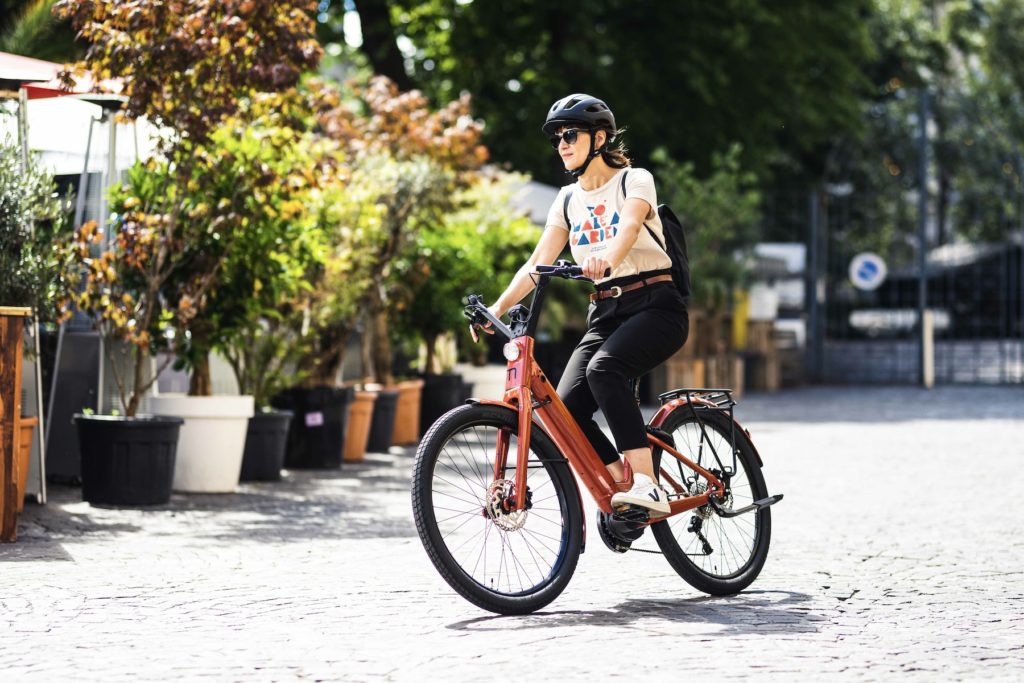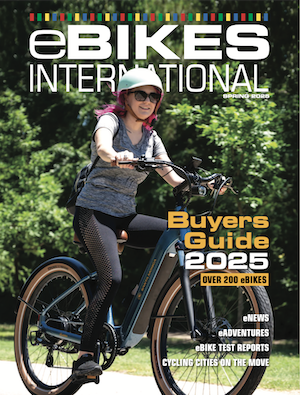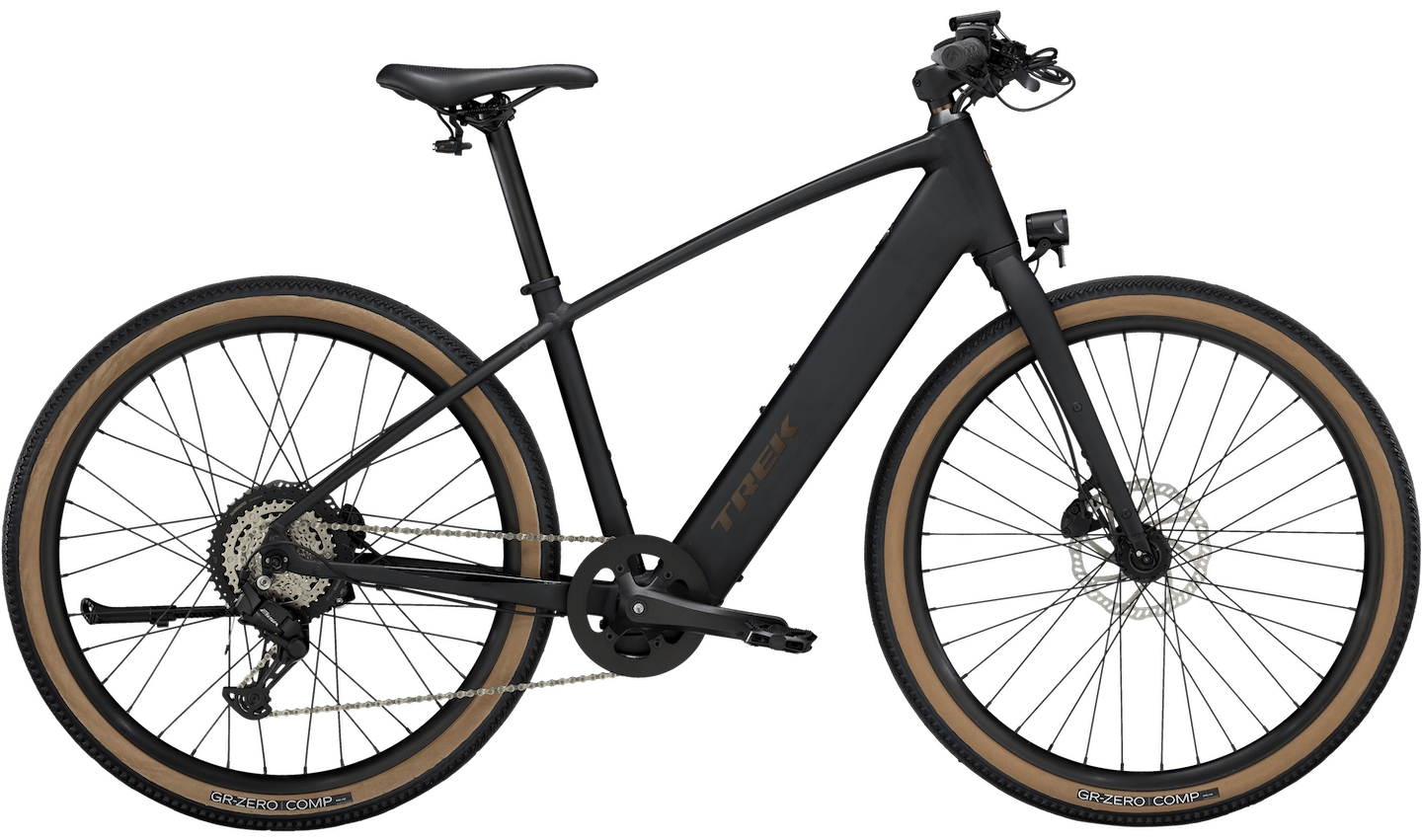March 22, 2021 - The leading cycling organisations at the European level gave a positive response to the recommendations about the e-bike and e-cargo bike sectors made by TRL (Transport Research Laboratory), in charge of carrying out a study on behalf of the European Commission on the safety of Personal Mobility Devices, presented Wednesday in Brussels.

“Ensure that EPACs remain outside the scope of the next EU Type Approval legislation,” and, “regulations should not stifle the development of the cargo bike industry,” stand out among the TRL recommendations to the European Commission.
Manuel Marsilio, CONEBI General Manager, states that:
Those statements presented to the European Commission are a valuable advocacy result of the three associations all over the past months. An important milestone in view of our next actions, as we want the EPAC to continue being legally classified as a bicycle and not as a motorcycle: a change of its legal status would have huge effects on sales and production.
The scope of the study included several light electric vehicles, like e-scooters, as well e-bikes outside and inside the EU Type Approval legislation. The objectives were, among others, to provide a detailed analysis of the market and the influence of the existing legislations at EU and national level, to assess the current use and the safety aspects related to road circulation and to share recommendations with regard to minimum safety technical requirements.
Kevin Mayne, CEO of Cycling Industries Europe, commented specifically on the cargo bike recommendations:
We have strongly made the case that commercial cargo bikes are a unique case in this review, as they are not designed as personal mobility devices. We are pleased that TRL recognised the importance of the role they can play in greening our cities. Regulations should support, not hinder this development.
It is important to note that the mentioned recommendations do not necessarily mean that EPACs will surely be kept outside the scope of the revised EU Type Approval legislation: in 2022, the European Commission will announce its legislative proposal, which will then be negotiated with the other EU authorities.
EPACs and eCargo Bikes have huge potential to grow cycling. ECF wants to see a further increase in the use of all electric pedal assisted bikes, and a clear and appropriate regulatory environment is needed for this to happen. To this end we are working in collaboration with the bicycle industry and with the European Institutions
– Jill Warren, CEO of ECF
CONEBI’s Marsilio agreed:
We are just at the beginning of the overall process at European level, we are looking forward to a very positive and constructive dialogue with the European Commission and the other stakeholders, as happened with Reg. EU 168/2013 several years ago, in order to support the continuous growth of our sector in the framework of the European Green Deal.
With regard to the Speed-EPAC, which at the moment is classified within the EU Type Approval legislation, TRL suggests to move it away from the moped category: positive news according to the associations, but an in-depth discussion on a wide range of aspects will be needed.
TRL also recommends aligning road circulation regulations for new types of Personal Mobility Devices (PMDs) with existing national pedal cycle regulations. E-bikes have been included in the group of PMDs together with stand-up and seated e-scooters, self-balancing electric unicycles, hoverboards, segways, electric skateboards and ‘one-wheel’ boards. CONEBI, CIE and ECF believe that a clear differentiation among the different types of vehicles is necessary to best take into consideration their specific features and will now make that case in the next steps of the process.

















